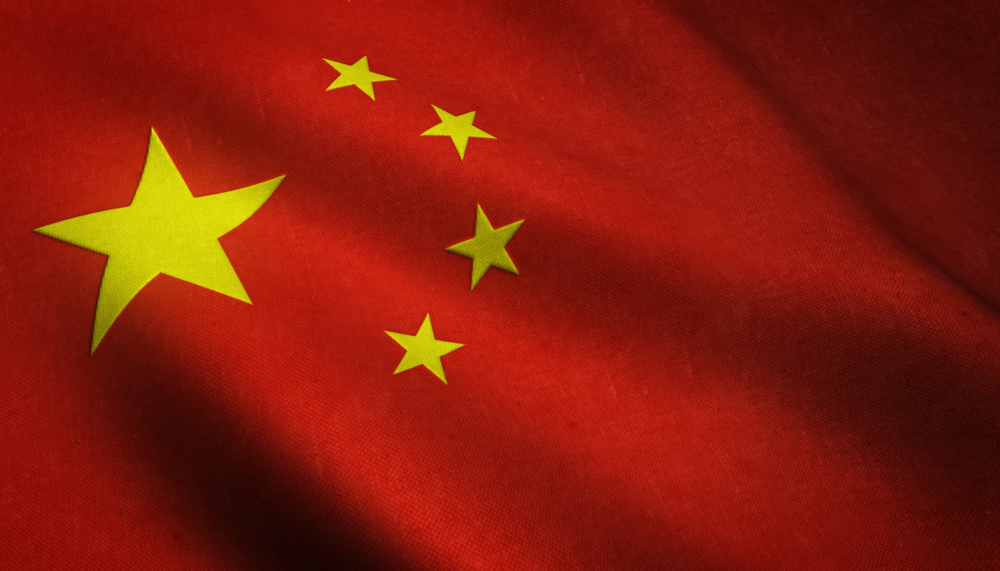Summary
- European policy-makers need to rethink their engagement with China on climate. Europeans often point towards climate as an area where EU-China relations are positive. But the international environment today is defined by strategic competition. While the EU thinks it can isolate climate relations from more contentious parts of its relationship with China, Beijing does not agree.
- However, co-operation in tackling global warming is urgent – so waiting for a more convenient geopolitical moment is not an option. In areas where climate co-operation is possible and could be effective, European policy-makers should engage with China. In other areas, European policy-makers should lean into the dynamic of competition to the benefit of climate action, for example when it comes to green technology.
- International climate diplomacy is reaching its limits. However, climate co-operation can still yield some benefits in areas that can be depoliticised to some extent. The EU and China can work together on exchanging technical knowledge and on creating shared standards, for example on defining what is considered climate friendly.
- Co-operation is also more effective when accompanied by some incentives. European policy-makers should not assume that Chinese policy-makers have an intrinsic interest in global climate co-operation but be aware of Chinese interests.
- In parallel to climate co-operation, there are some areas in which the EU’s focus should instead be on climate competition to advance decarbonisation. For example, Chinese attempts to build global influence should be an incentive for Europe to make better offers to countries around the globe when it comes to green projects.
- When it comes to the climate economy and competition for green technology, Europe needs to have a debate on what kind of dependencies on China it is willing to accept. Depending on the outcome of this debate, European policy-makers will need to focus on protecting European green industries in certain selected areas as well as fostering research and innovation.
- Debates on how to engage with Beijing on climate issues focus too often exclusively on the question of whether to co-operate or compete. But in order to advance climate action in a world that becomes more and more difficult to navigate, policy-makers need to do both.
About the Author
Christina Keßler is the Clara Marina O’Donnell fellow (2023-24) at the Centre for European Reform.


